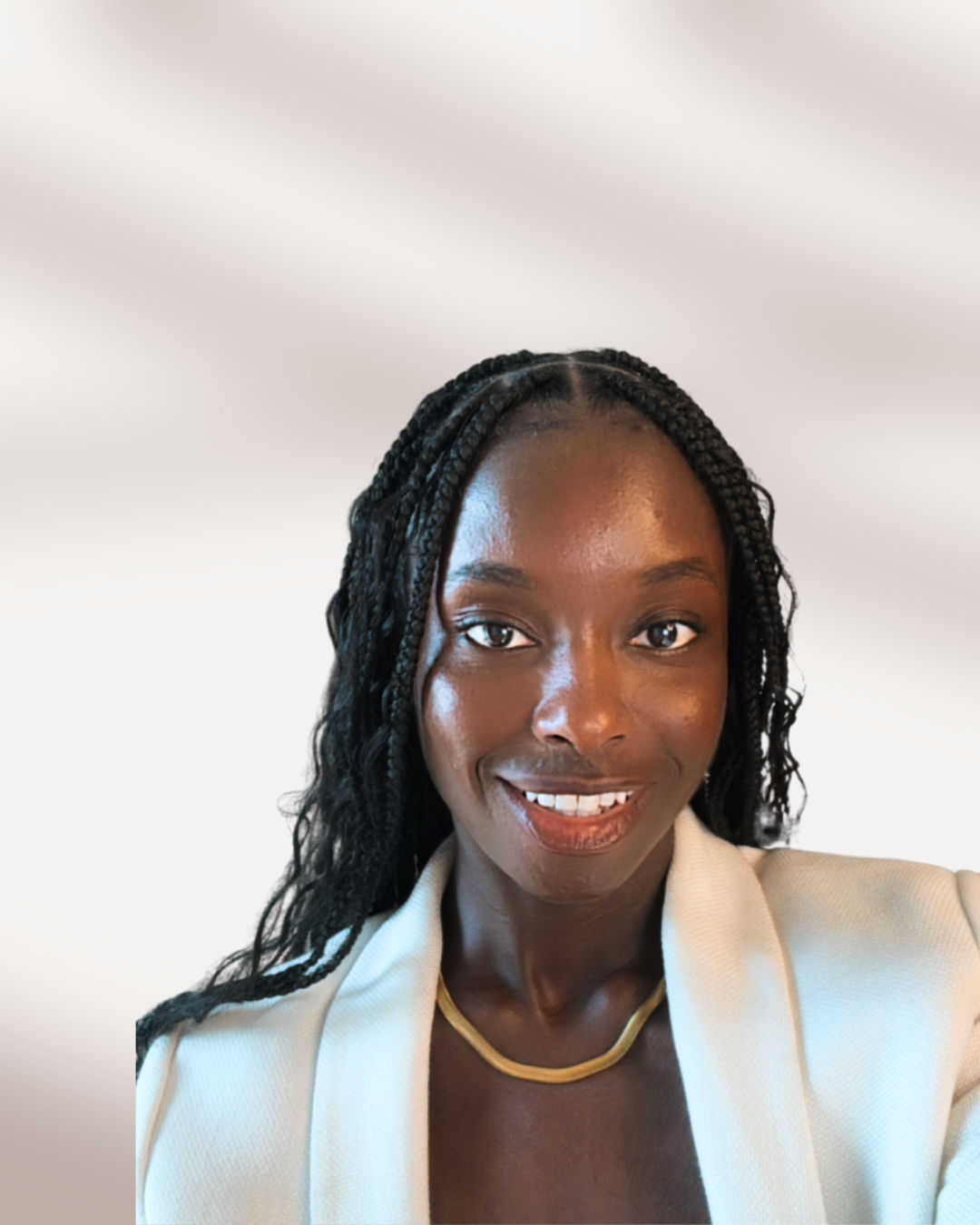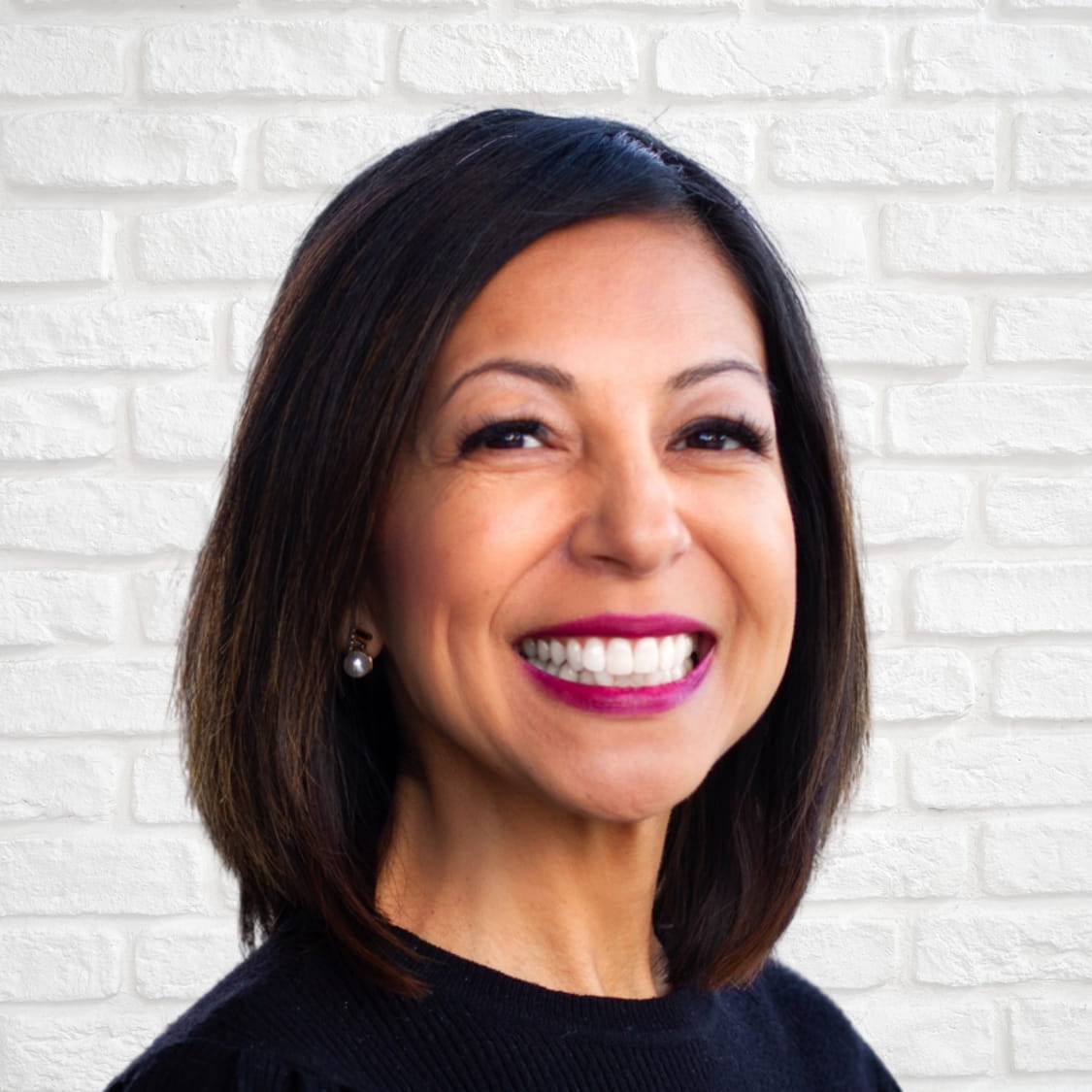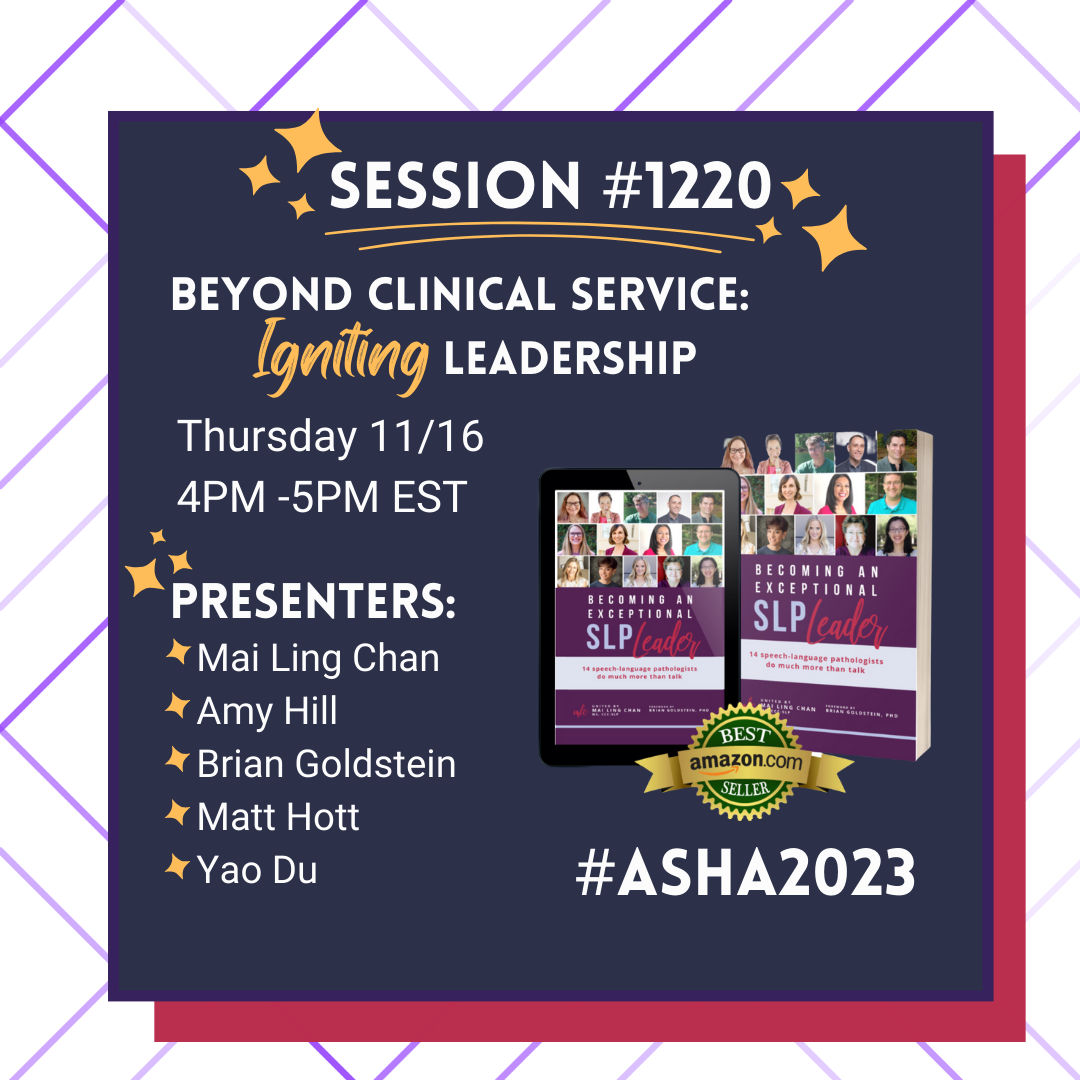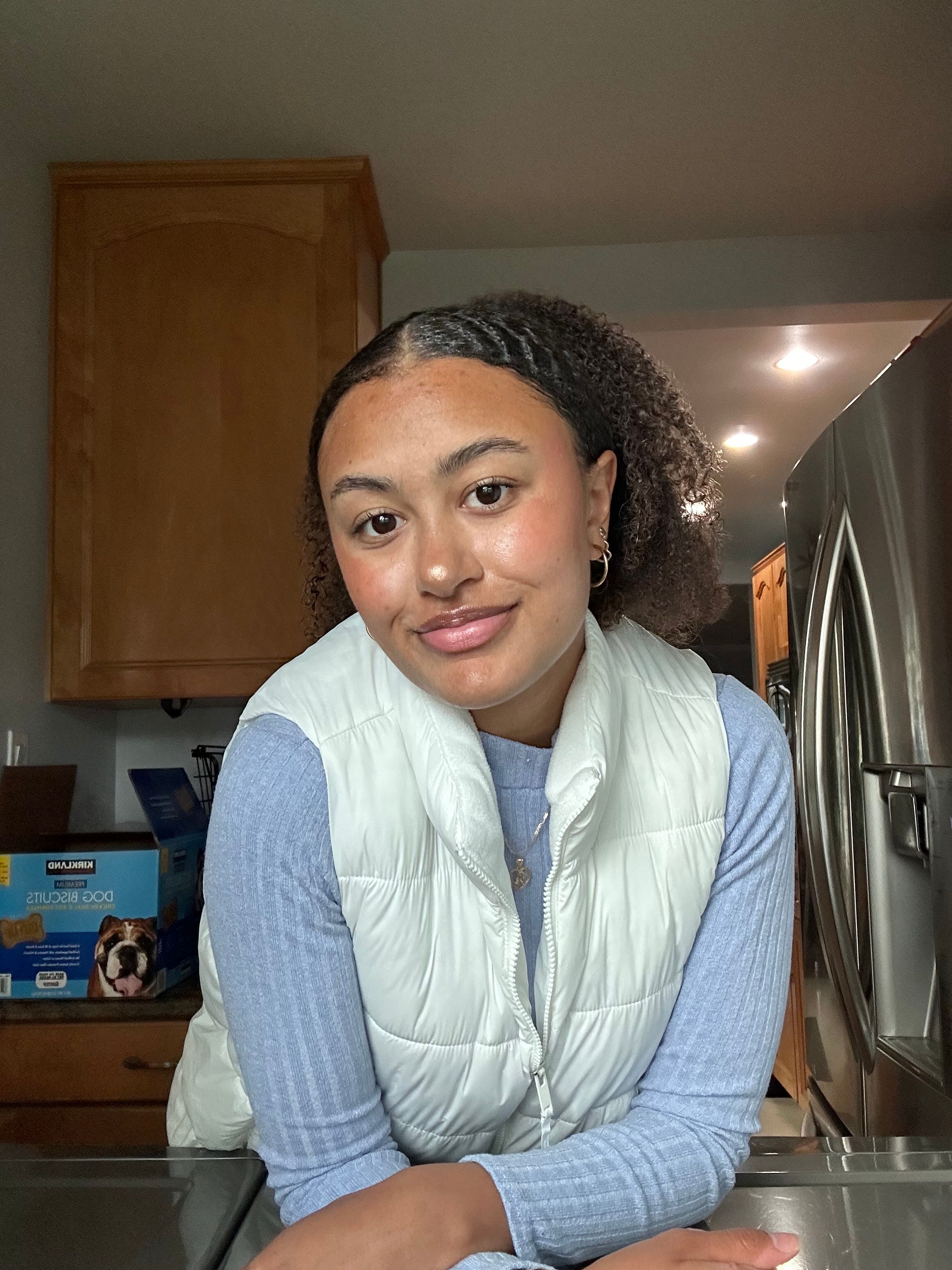Hello everyone!
I was recently talking to my supervisor about graduate school and how for a lot of SLPs, they learn way more in the "real world" than in graduate school. Obviously, we need a degree to get our license and everything but we were discussing whether or not these 2 year programs are doing students justice. By that I mean, I think there should be more courses for cultural competency/humility, multilingualism, neurodiversity, fluency, etc. Additionally, having more intentional externship semesters for a specific setting would be beneficial (e.g. private practice, hospital/clinics, and schools). The rationale behind this is that my program has 3 on-campus clinic semesters, 1 externship (private practice or medical) semester, and 1 student teaching semester. While I am still deciding what setting I want to go in, I think that having 1 semester in a hospital or clinic, 1 semester in private practice, and 1 semester at a school would set a lot of us up for success especially when considering a CFY. But with all this considered, extending the master's programs might lead to more burn out.
So, my questions for you all are:
1. Do you think graduate programs are setting us up for true success? If yes, please explain.
2. If no, what do you think can be changed?







